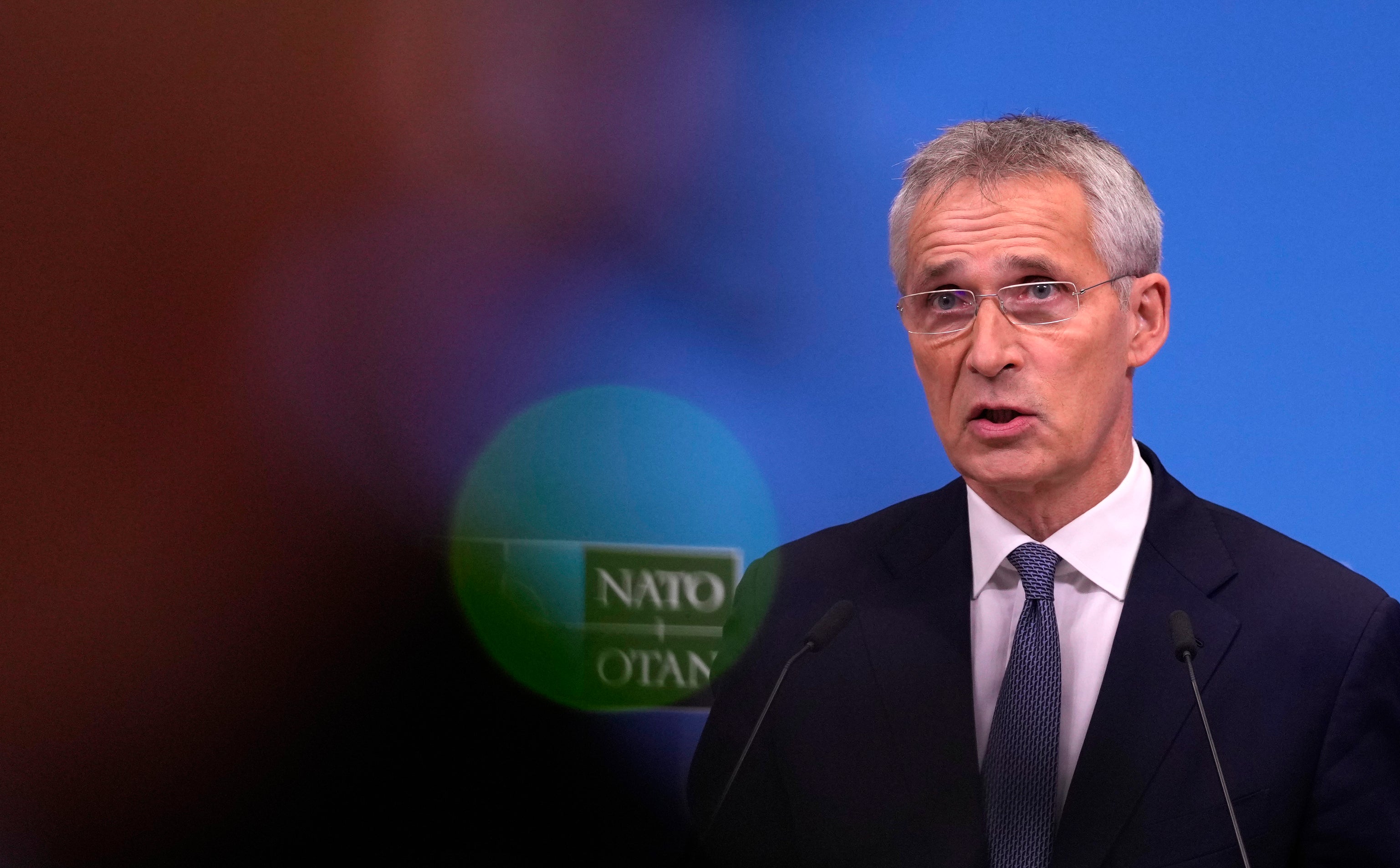Stoltenberg to become Norway's next central bank governor
Norway’s next central bank governor will be NATO Secretary-General Jens Stoltenberg

Your support helps us to tell the story
From reproductive rights to climate change to Big Tech, The Independent is on the ground when the story is developing. Whether it's investigating the financials of Elon Musk's pro-Trump PAC or producing our latest documentary, 'The A Word', which shines a light on the American women fighting for reproductive rights, we know how important it is to parse out the facts from the messaging.
At such a critical moment in US history, we need reporters on the ground. Your donation allows us to keep sending journalists to speak to both sides of the story.
The Independent is trusted by Americans across the entire political spectrum. And unlike many other quality news outlets, we choose not to lock Americans out of our reporting and analysis with paywalls. We believe quality journalism should be available to everyone, paid for by those who can afford it.
Your support makes all the difference.NATO Secretary-General Jens Stoltenberg will become Norway s next central bank governor, officials said Friday.
Stoltenberg's tenure at NATO ends later this year. Norway's government announced his appointment at the central bank in a statement and said it hopes he can start in his new role around Dec. 1.
The current governor of Norges Bank, 70-year-old Øystein Olsen, is retiring this year after holding the position since Jan. 1, 2011, for two terms.
Stoltenberg, 62, was Norway's finance minister from 1996 to 2000, and prime minister from 2000 to 2001 and again from 2005 until 2013. He had previously said if he got the central bank governor position, he wouldn't be able to start before leaving his NATO job on Oct. 1.
He became NATO secretary-general in 2014. After a successful first term, his mandate at the trans-Atlantic alliance was extended.
Stoltenberg has been praised for steering NATO through a difficult period under the Trump administration, when the U.S. threatened not to come to the aid of member countries that weren’t spending enough on defense.